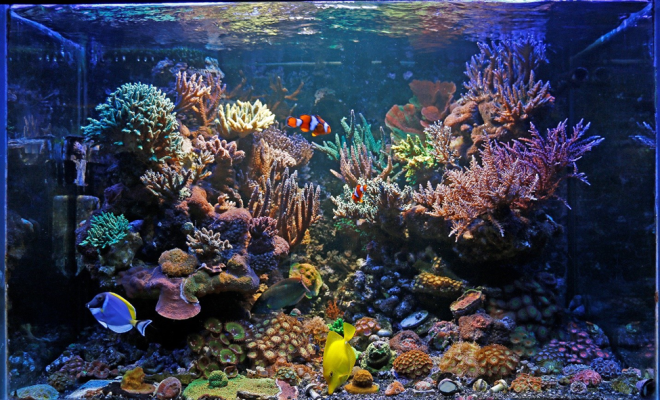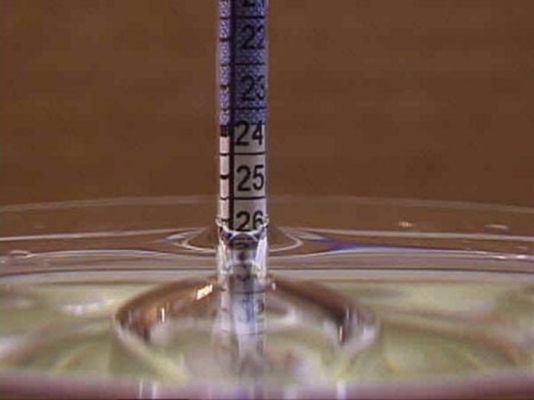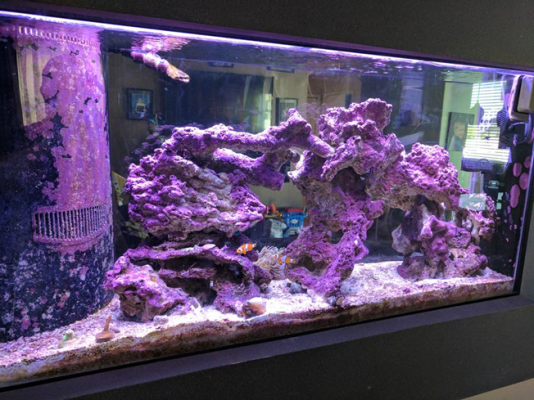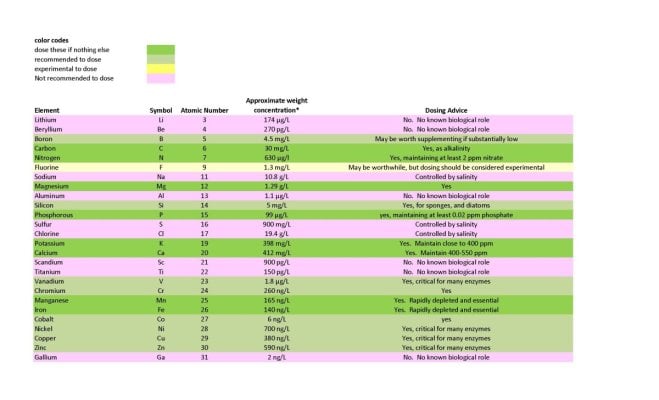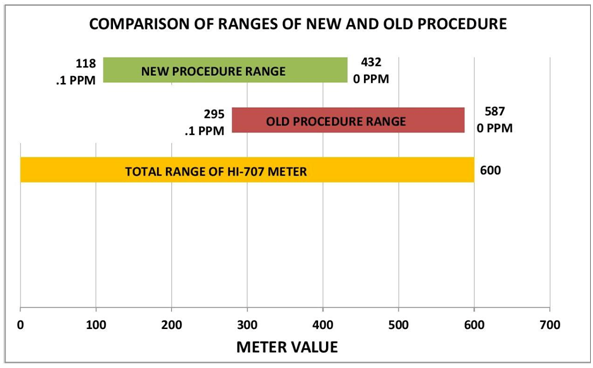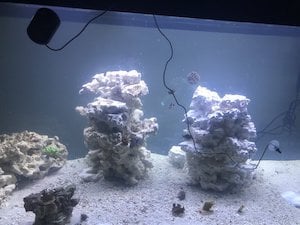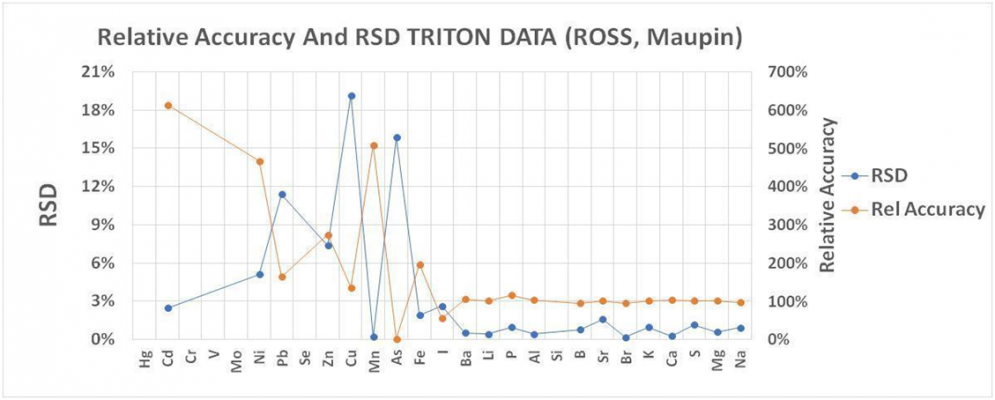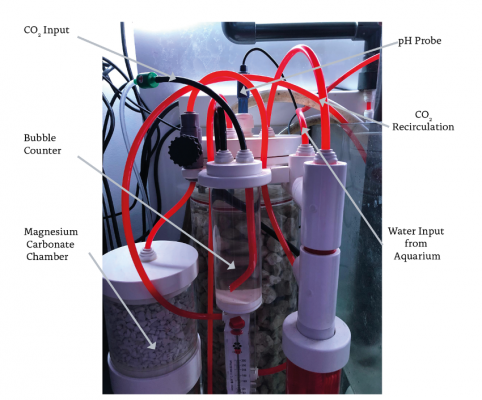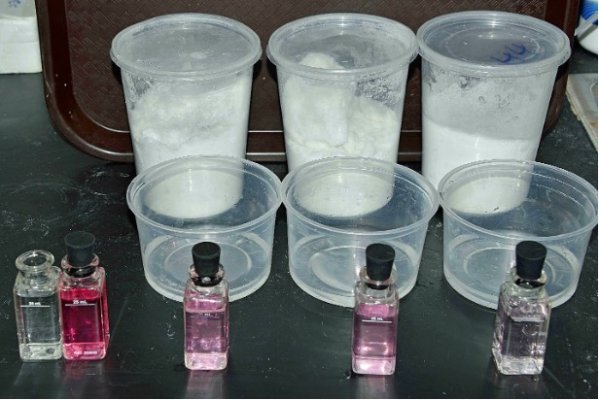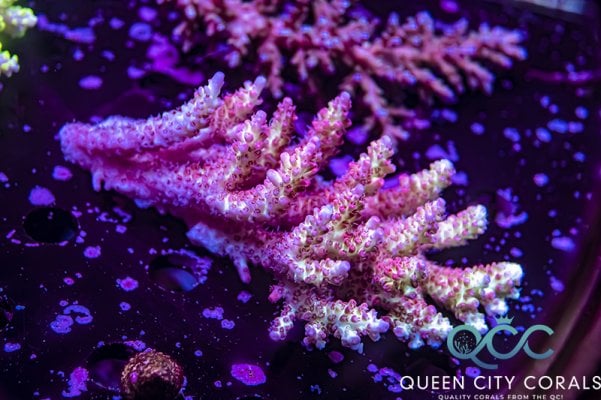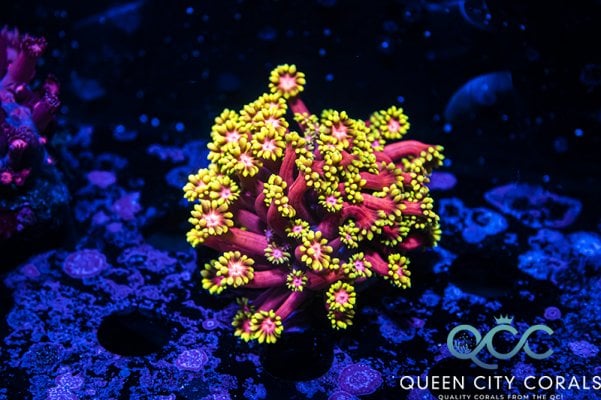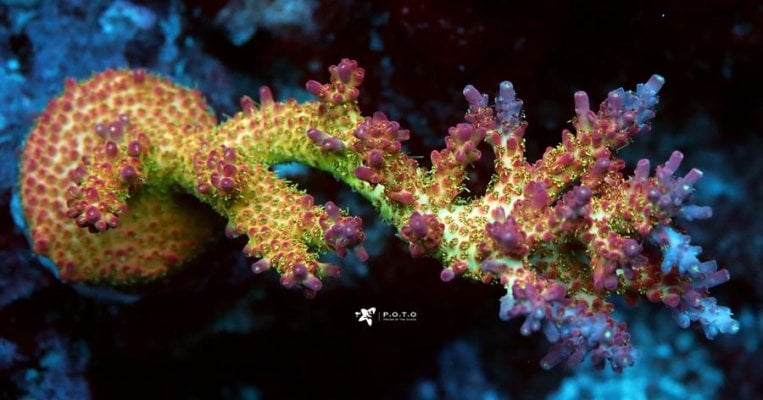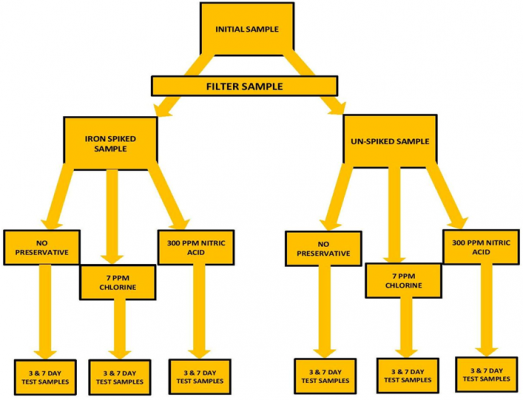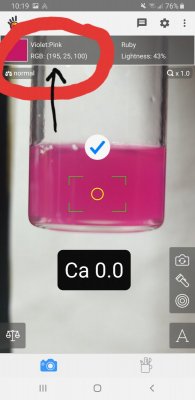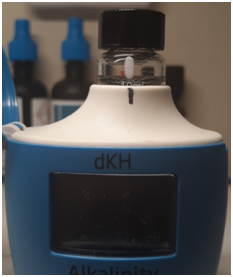Navigation
Install the app
How to install the app on iOS
Follow along with the video below to see how to install our site as a web app on your home screen.
Note: This feature may not be available in some browsers.
More options
You are using an out of date browser. It may not display this or other websites correctly.
You should upgrade or use an alternative browser.
You should upgrade or use an alternative browser.
Reef Chemistry
Categories
-
-
SPS Corals 14
-
LPS Corals 11
-
Zoanthids 10
-
-
Inverts 25
Filters
Show only:
Loading…
How a Two Part Alkalinity and Calcium System Works, and Why it Matters
By Randy Holmes-Farley
This article is intended to help aquarists understand some of the important differences between the great variety of two and three part alkalinity and calcium dosing systems presently available...
Reef Aquarium Salinity: DIY Calibration Standards
By Randy Holmes-Farley
One of the most important issues facing marine aquarists is providing a suitable environment for their aquaria's inhabitants. Among the important properties for a marine environment's suitability is the water's salinity...
When Do Calcium and Alkalinity Demand Not Exactly Balance?
By Randy Holmes-Farley
Calcium and alkalinity are generally supplied to reef aquaria in order to offset losses caused by the formation of calcium carbonate. There are many ways to replace these loses, and every method has its own pros...
In a previous article I discussed my thoughts on trace elements
https://www.reef2reef.com/ams/randys-thoughts-on-trace-elements.951/
This article expands on that discussion by providing specific guidance for all elements one might dose.
First, some explanation.
I have listed many elements as...
Since this topic comes up over and over, I thought I give a summary of my current general thoughts on trace elements for reef aquariums.
1. First, a standard definition. Trace elements are those elements in seawater at very low concentration. It does not include the major ions of seawater...
ABOUT THE ARTICLE:
The article describes an accurate and precise method and it's development, for measuring the level of Iodine in a saltwater aquarium. It is a follow-up to an article written in 2021. The current article describes an improved method but using the same basic ideas as the 2021...
The Ways Alkalinity can Accumulate in a Reef Tank
@Miami Reef
"Why is my alkalinity rising?" is a seemingly simple question that consistently pops up in the chemistry section of Reef2Reef. However, it is a complex question since there are numerous ways alkalinity can accumulate - some ways one...
ABOUT THIS ARTICLE
This article was authored by @Dan_P, @taricha and @Rick Mathew. We collaborated in the development of the experimental methods, the cost of the project and the analysis of the data. The project was started in August of 2021 with the purpose of understanding the quality of the...
Calcium reactors are perhaps the best method for providing calcium and alkalinity in reef aquariums with a medium to high calcification demand. It is a system that does not introduce unnecessary ions, does not depend on evaporation rates and has very low operating costs, with a significant...
Evaluating Synthetic Sea Salts
C. Jay Hemdal 2016
Revised January 12, 2022
This is an update of my 2016 article that examines some testing methods to evaluate synthetic seawater, some of which can be done at home. A short history and list of sea salts is also given. Please note - this is NOT...
One of the most important aspects of successful reef aquarium care is maintaining proper calcium levels.
Why? Calcium is not only vital for the health and growth of corals as well as many other marine invertebrates but also plays a crucial role in maintaining high pH needed in marine systems...
KH is probably the most important water quality parameter after salinity and temperature. More important maybe, than Phosphate. Corals can survive a wide range of Phosphate levels but if the KH is too low for a prolonged period, all aquarium corals will die.
KH is also known as Carbonate...
Introduction
There are tons of great resources that talk about the benefits of higher pH on coral growth but many of them merely use anecdotal evidence from their own tanks, and while this is great there are tons of variables on our own reef tanks and it is very difficult to apply these results...
I want to start this article off by saying that this is an extremely niche subject and many reefers who perform frequent or even semi-frequent water changes should not worry about their trace elements if most your corals are growing well because as has been my experience and that of many other...
Introduction
The process of calcification or biomineralization in SPS corals is often a head scratcher for most people, let alone reefing hobbyists. I've always wondered myself what really goes on behind the scene. Through research, I reviewed some research papers in order to help us better...
Well this will be my third trip down this “Rabbit Hole”…One would think I should have learned my lesson, but Noooooo! I jumped back in with both feet! If you are brave enough come with me on my third journey into “Wonderland” then read on!!
In my last post in July of last year I presented the...
Hi all. I've been a long time lurker getting lots of useful info off the forum to set up my first tank. I got some personal help last week with a fish diagnosis so I was looking for some way to give back to the community.
I am color blind which makes reading most test kits impossible. I have...
PART 4 "GETTING IT RIGHT" COLORIMETRIC INSTRUMENTAL TESTING METHODS (DIGITAL)
As we turn our attention to the use of digital testers (Colorimeters) such as the HANNA CHECKER, most of the same elements necessary for good precision and accuracy that exist in Visual Testing also exist in Digital...
PART 3 -----COLORIMETRIC VISUAL TESTING METHODS (What We See)
SOURCES OF ERROR IN THE ASSESSMENT PROCEDURE
Next we turn to the second component of our testing protocols and that is the ASSESSMENT…What do we see and how do we interpret the results of our testing procedure.
Visual colorimetric...
Advanced Topic
PART 2 -GETTING IT RIGHT--MAKE TESTING COUNT BY USING A QUALITY SYSTEM APPROACH---COLORIMETRIC VISUAL TESTING
PART 2-----COLORIMETRIC VISUAL TESTING METHODS (The Chemistry)
As we covered in Part 1 in the “Understanding Errors” section, the visual testing method consists of essentially two steps, Evaluation and Assessment. Evaluation is the test procedure (The Chemistry) and Assessment is the...


